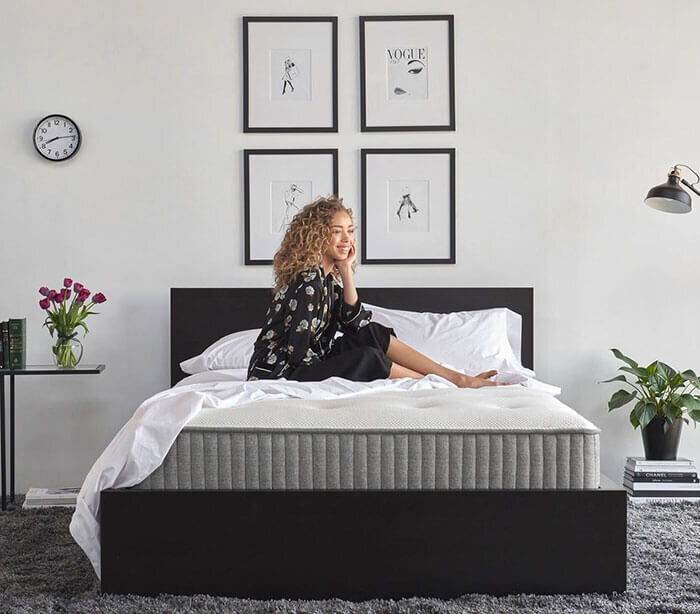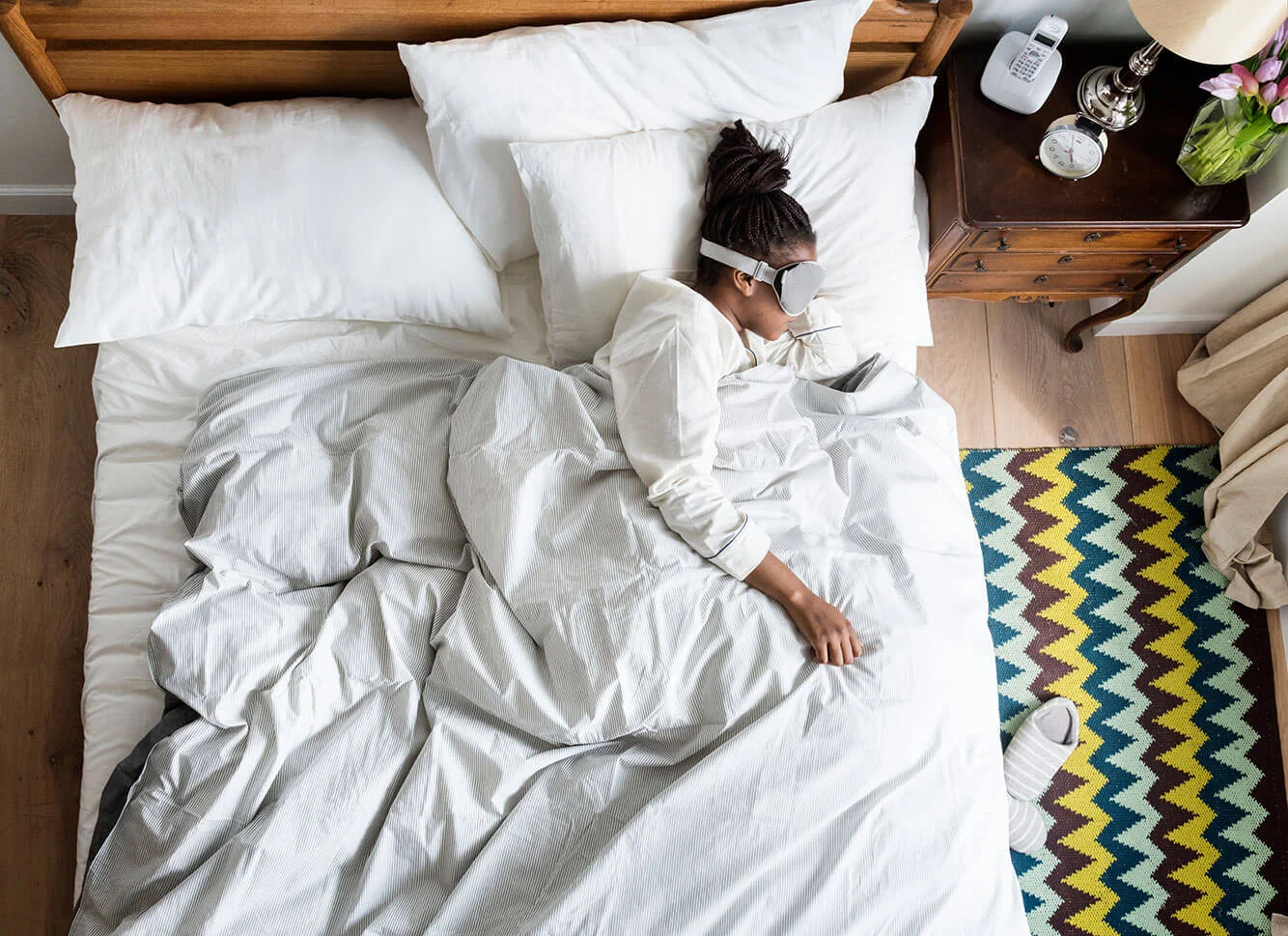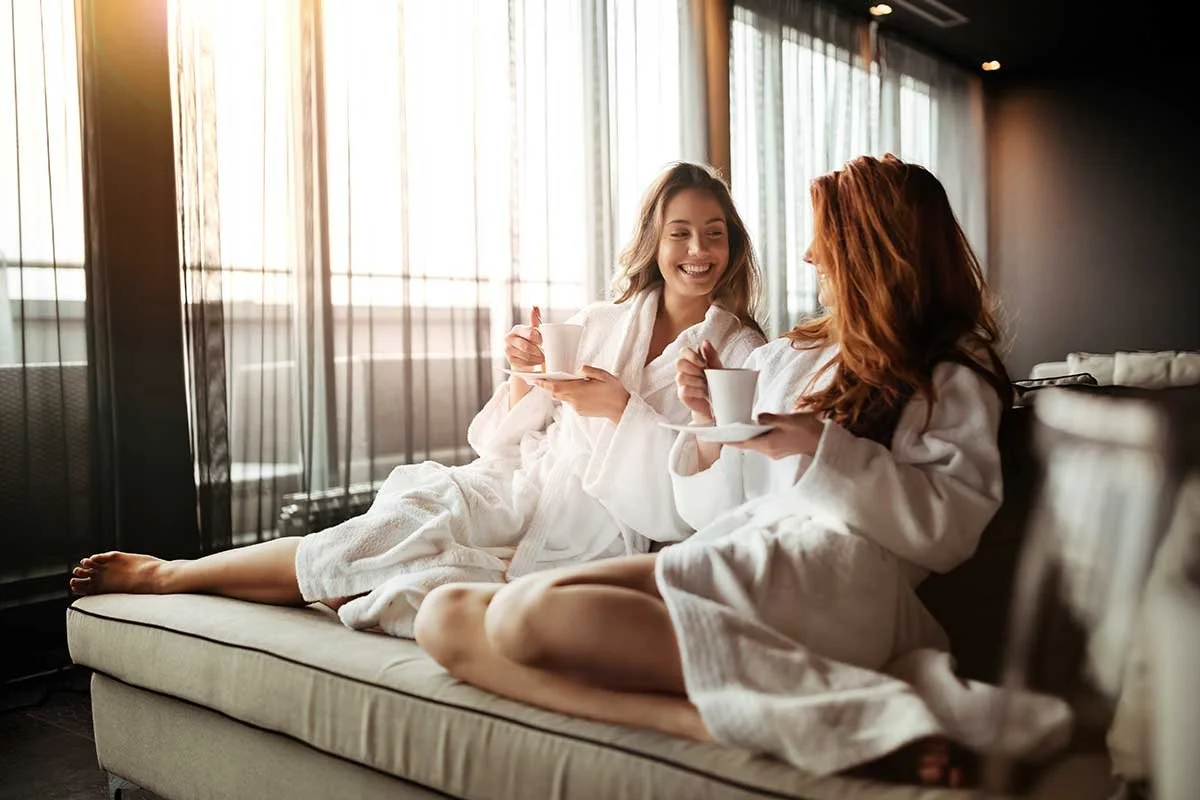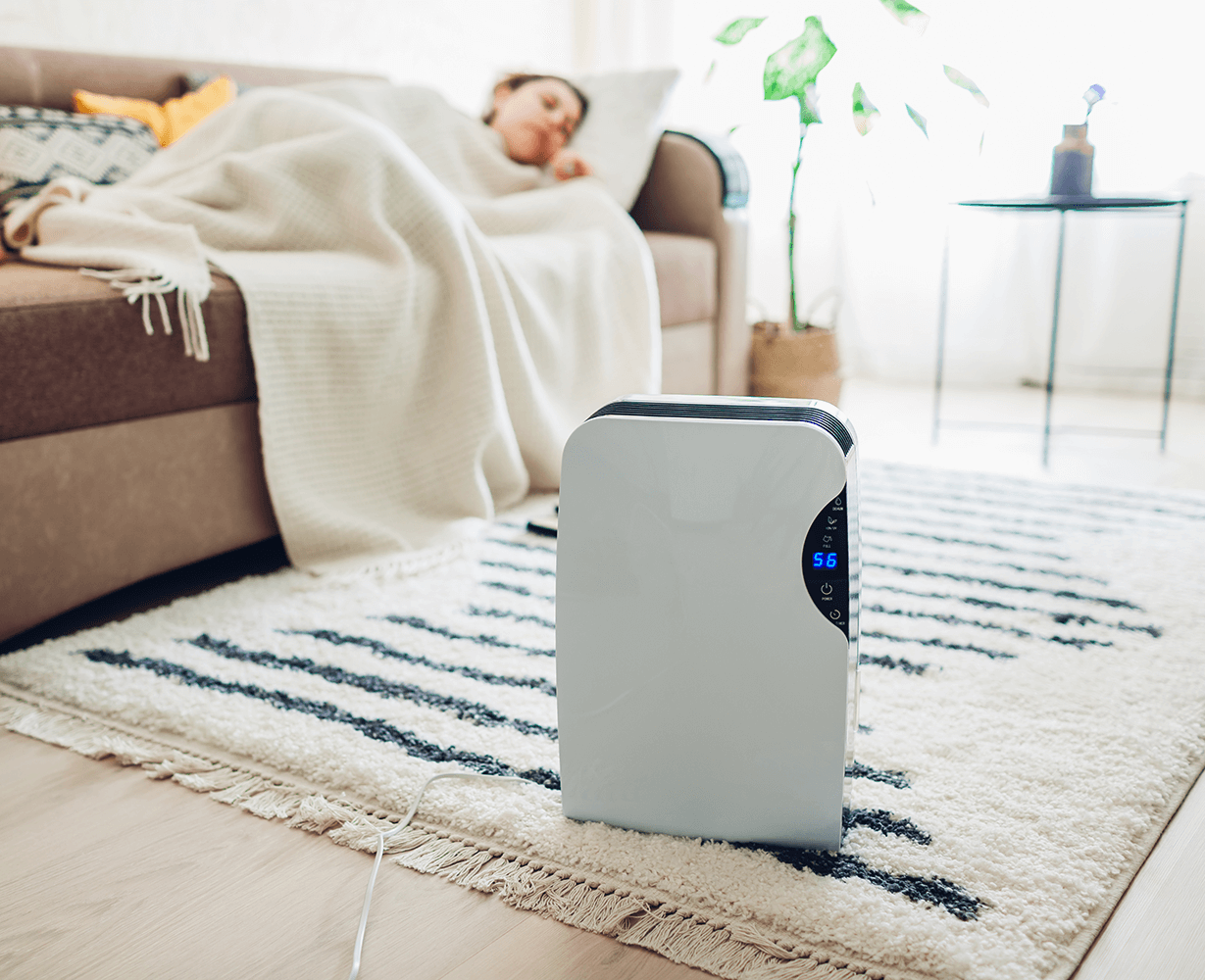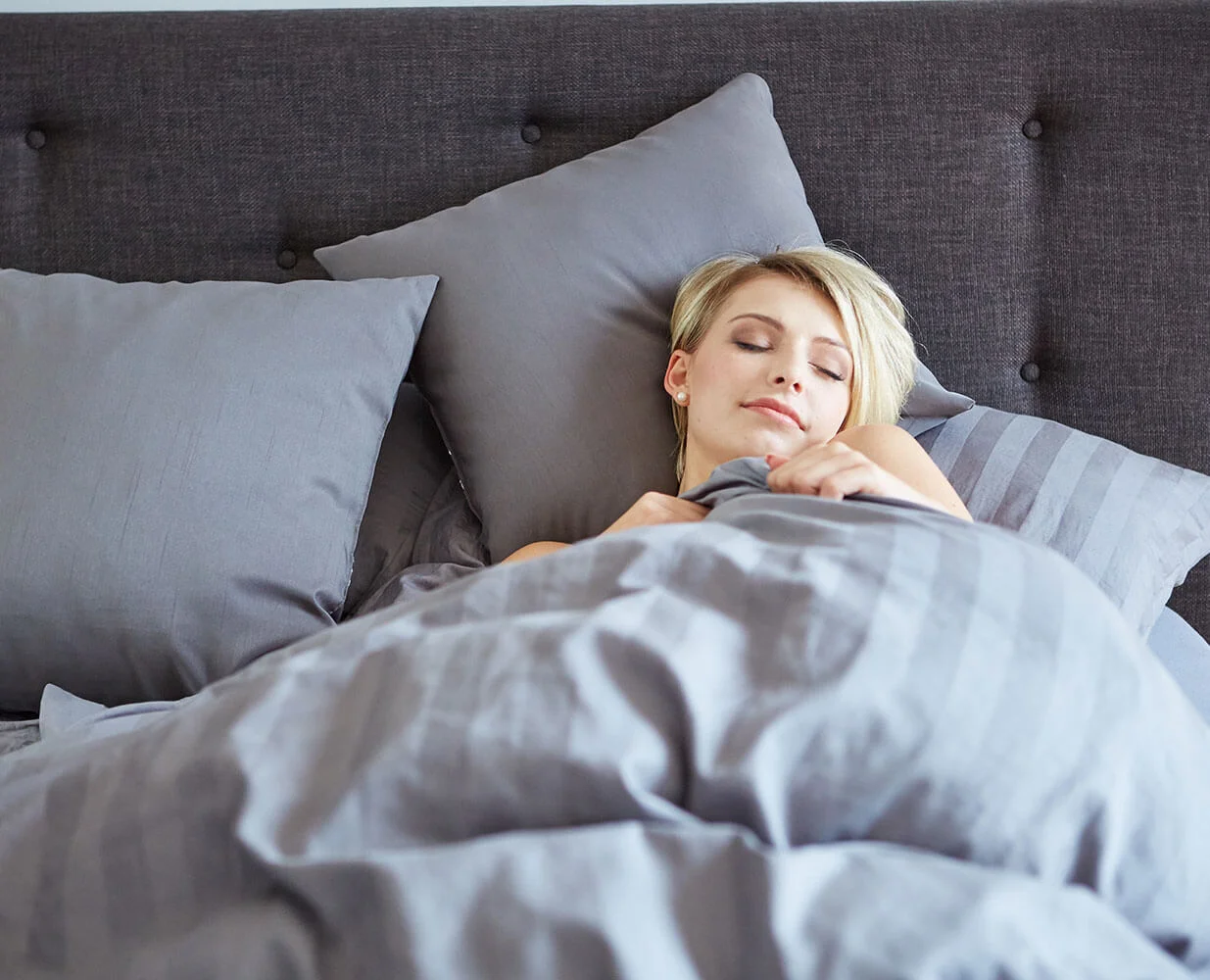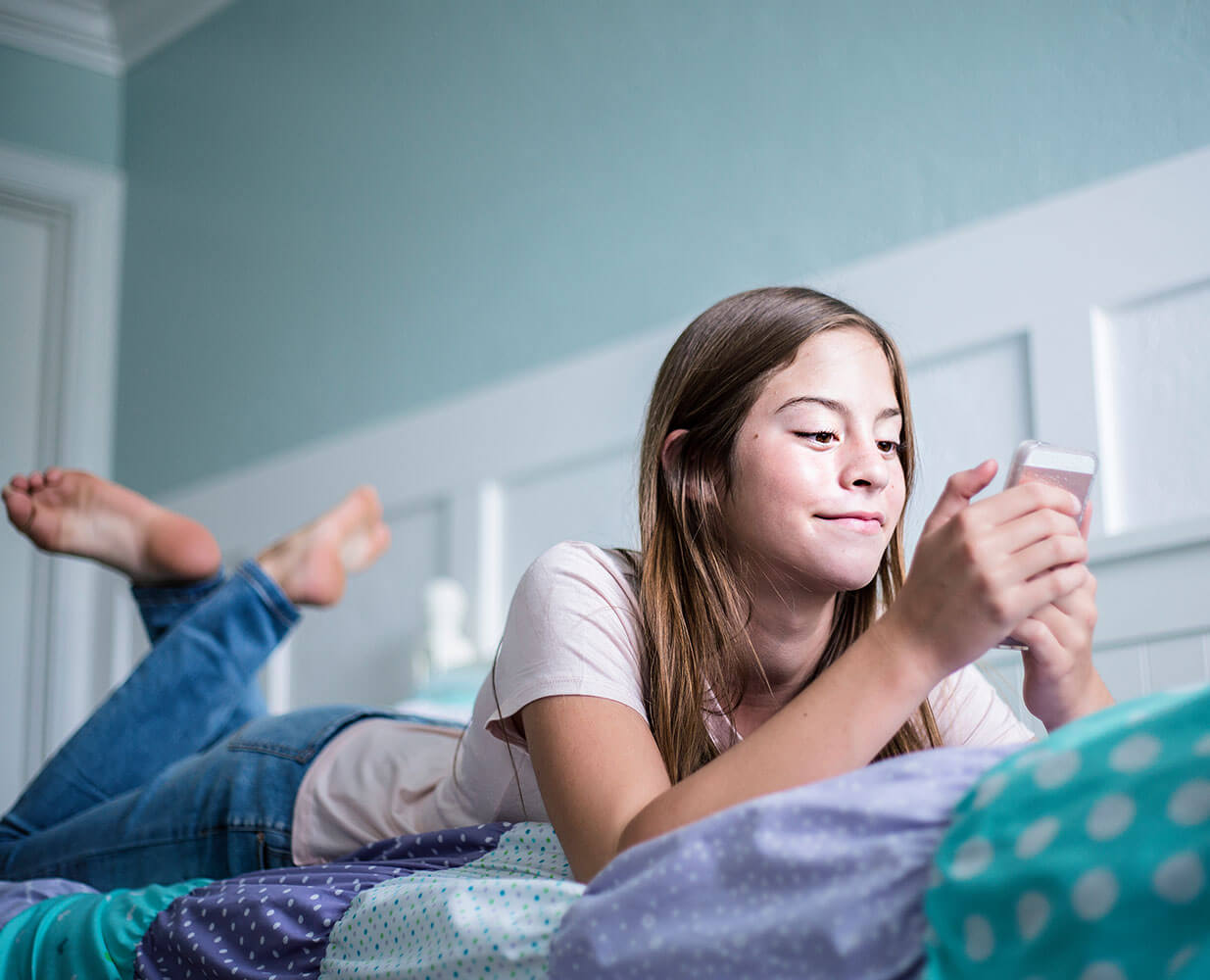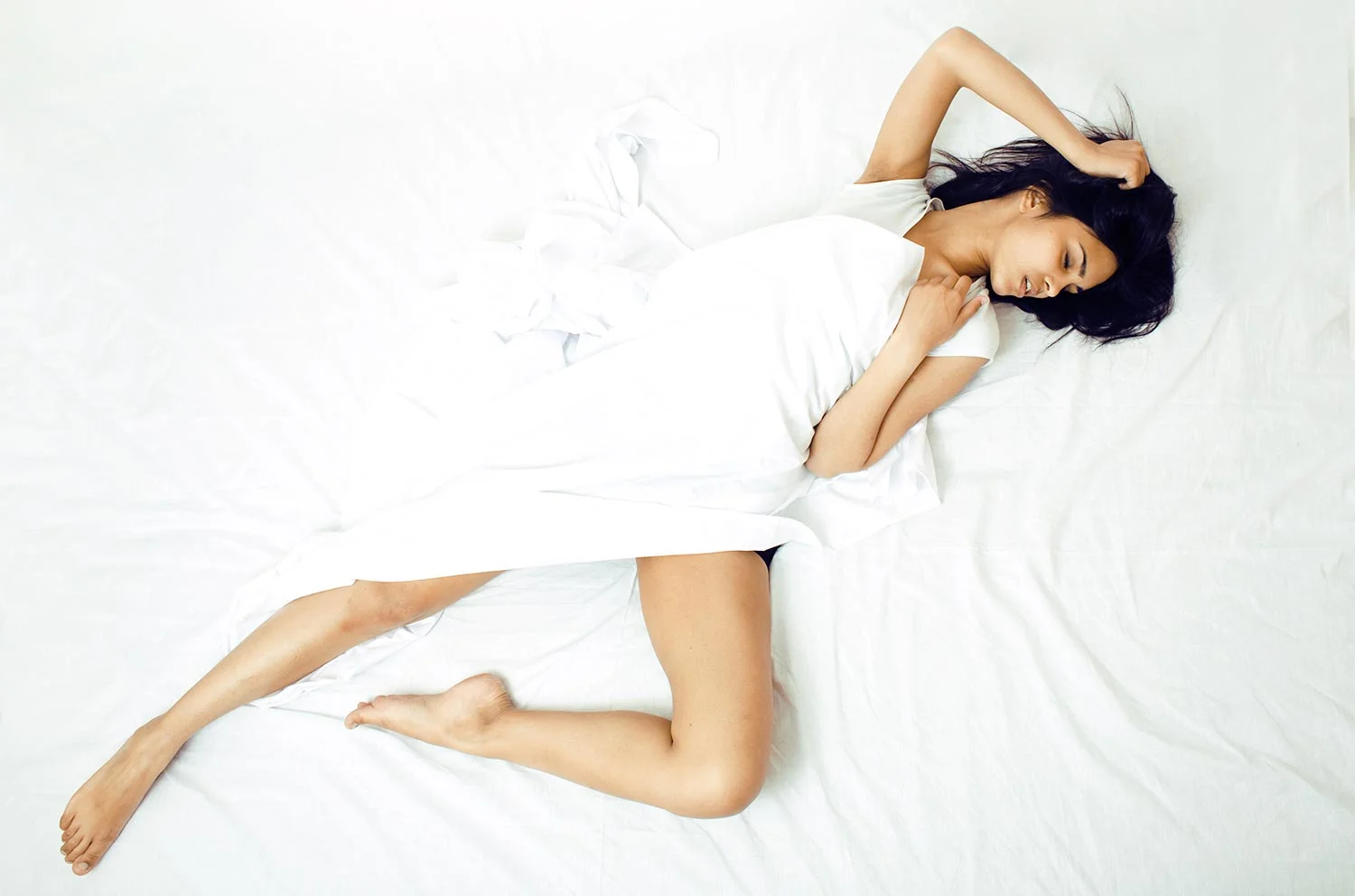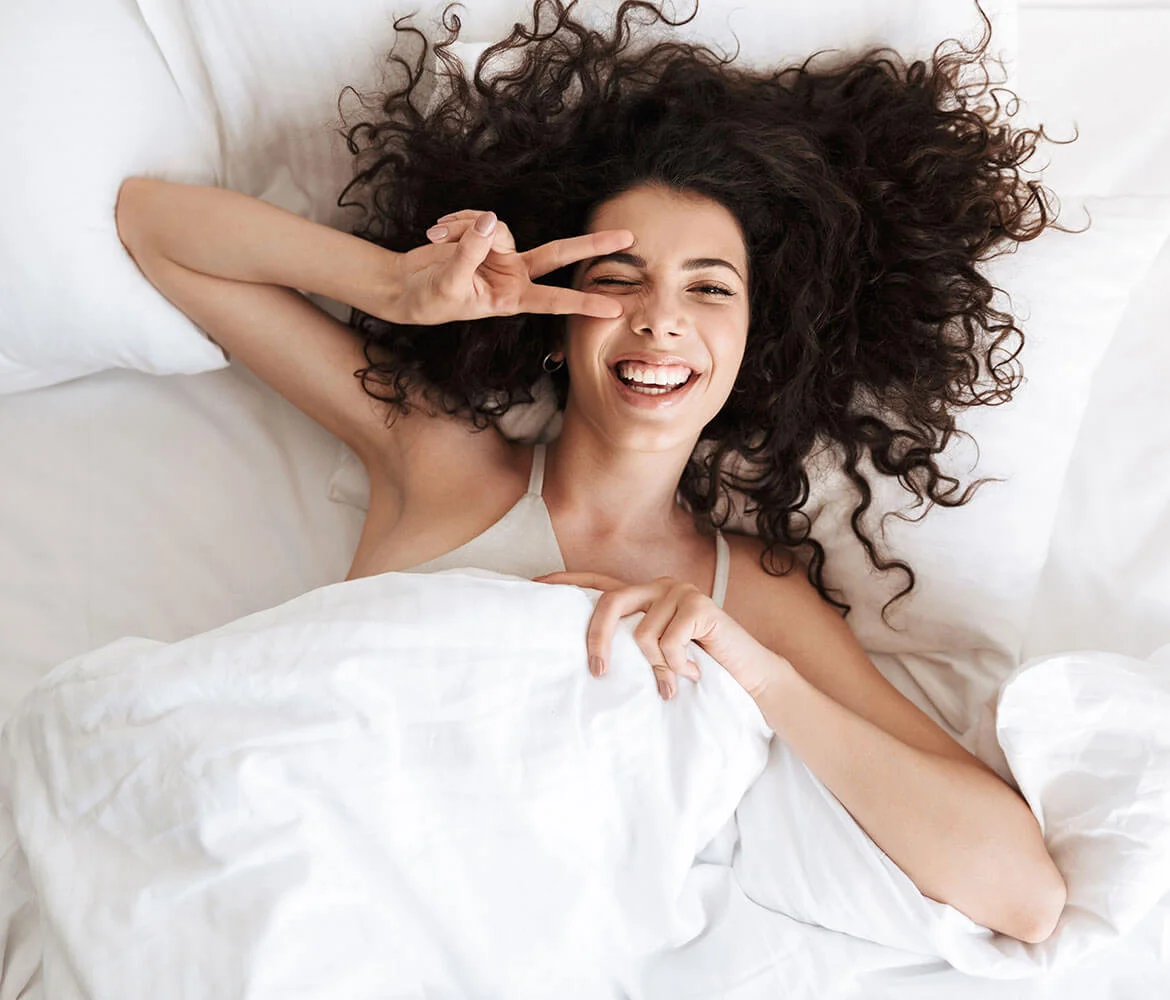Sleep Tips To Get Back Into A Natural Sleep Routine
The average adult needs around 7 hours of sleep. Less than that number can lead to increased risk of obesity, diabetes, high blood pressure, heart disease and higher accident rates. Yet 1 in 3 adults don’t get enough sleep.
There are many reasons why people aren’t getting enough sleep nowadays, but the biggest contributors are PCs and smartphones. While technological advancement has led to more efficiency and interconnectivity. These same benefits have drawbacks when it comes to our sleep patterns. More interconnectivity means that most people are connected to the internet all the time.
That makes it easier to do business around the world, but it also means you can never truly turn ‘off’ at home. How many times do you check your work email when you’re not at work? It’s gotten to the point where most businesses expect you to answer emails at all hours of the night. Then, of course, there’s the allure of remote work.
Yes, you might not have to go into an office, but it also blurs the line between your home and work life, leading to more stress and anxiety. As you would expect, more stress leads to more trouble falling asleep. So what can you do to combat this and get a good night’s sleep without taking sleeping pills?
Stay on Schedule
What's Your Natural Sleep Routine?
If you’ve been pushing through the week with only 4-5 hours each day, chances are you’re probably doing some catch up on the weekend. Unfortunately, this also means your body’s internal clock gets wildly off base on the weekends.
Since you’re waking up later, you also end up going to bed later as well, which ends up carrying over once the work week starts.
If you’re already not getting enough sleep, you’ll obviously need to change up your schedule. That means starting at the time you would wake up and then working backwards.
If you wake up at 6am to get your kids ready for school and then go to work, that means you’ll need to go to bed at 11pm at the latest the night before. It sounds simple enough, but so many people don’t follow this simple rule.
Younger people tend to stay up later in order to get the most out of their day while people with young children/babies have to deal with wrangling the kids into bed and the kids waking up in the middle of the night for various reasons.
Stay on a Sleep Schedule
If you have a newborn, sticking to a sleep schedule can be even harder, especially if you’re the mother, as you need to get up every few hours to feed the baby.
While it might not always be possible, creating a newborn sleep schedule with your partner can help alleviate the negative side effects of sleep deprivation. That might mean you alternate who checks on the baby when you hear it crying so that at least one person can get 4-5 hours of sleep.
It’s not ideal, but generally once they reach around 4-6 months, they will sleep 6-8 hours during the night, though that’s not guaranteed. Like adults, setting up a good schedule throughout the day can help your baby sleep better through the night.
This means making sure you get them to bed early and make sure they’re fed throughout the day to avoid hunger in the middle of the night.
Watch What You Eat and Drink - and When
Watch What You Eat and Drink
Maybe you always have a food craving right before bed or you drink a small nightcap before you go to bed. That’s okay, right? Well, it depends.
In general, you want to avoid drinking alcohol right before bed. While it can help you fall asleep faster and sleep more deeply, it reduces rapid eye movement (REM) sleep. The more you drink, the more the effects are obvious.
You might already be familiar with the term REM sleep. It’s essentially where all of your dreaming happens. So why does it matter that you’re reducing REM?
Essentially, scientists have found that this portion of sleep is incredibly restorative and important in your overall sleep quality. When there has been disruption to this sleep, they’ve discovered that people are drowsier and have poorer concentration even if they get a full 7 hours of sleep.
What About Caffeine?
On the opposite end of the spectrum from alcohol is caffeine. Both are stimulants, which provide a temporary boost to your energy and alertness. As you would imagine, they’re not great for getting shut eye. So all you have to do is avoid using items that have these ingredients before bed, right?
Well, it’s not as simple as that. Caffeine, for example, builds up throughout the day and can even last in your system for as long as 12 hours. So if you have a coffee at lunch, if you’re especially sensitive to caffeine, that could be the reason you can’t fall asleep at night.
As well, your tolerance to caffeine increases the longer you consume it, so you need higher and higher doses to get the same feeling of alertness throughout the day. Unfortunately, that doesn’t mean you are more tolerant to the side effects of caffeine such as more frequent bathroom trips, jitteriness and trouble falling asleep at night.
If you’re a heavy caffeine drinker then you’ll need to wean yourself off of it slowly. It could take weeks or months depending on how much you consume. Don’t forget, caffeine isn’t just coffee, it’s also found in soda and tea. Once you do manage to reset your caffeine tolerance, you’ll want to avoid drinking it at least 6 hours before bed.
What about sweets?
What about sweets?
In terms of food, you generally want to avoid eating items that are high in refined sugar so no cake, ice cream or donuts before bed. Sugar can quickly spike your blood levels, but it doesn’t actually lead to a ‘sugar high.’
In fact, consuming refined sugar has the opposite effect where it makes you feel more tired and hungry. Sounds good, right? Sugar should help you fall asleep!
Except studies have found high consumption of sugar actually leads to lower overall sleep quality as it leads to less deep sleep and more arousals in the middle of the night.
Lack of sleep triggers our body to release cortisol, which in turn leads to higher insulin levels. Your blood sugar levels then drop, which make you crave fatty, sugary foods. It’s a vicious cycle that requires you to cut the sugary food and get enough sleep.
Avoid Big Meals Before Bed
Avoid Big Meals Before Bed
In general, eating a big meal before bed is also a bad idea. Your body needs time to digest and there’s some research that shows eating is a signals wakefulness to your body.
Besides the discomfort of trying to sleep with a full belly (all those gurgles and other sounds!) it’s also not good for your body to lie down immediately after eating as it can lead to heartburn. It’s best to avoid eating anything at least 3 hours before bed.
Try to Avoid Drinking Right Before Bed
Avoid Drinking Right Before Bed
The same can be said for ingesting liquid. You’ll want to avoid drinking anything, even water, a couple of hours before bed to avoid waking up in the middle of the night to use the restroom.
Make sure to drink plenty of water throughout the day to avoid late-night water consumption. If you’re feeling constantly parched at home, it might be due to overall humidity levels. Consider purchasing a humidifier for your home.
Create a Sleep-Inducing Bedroom Environment
Create a Sleep-Inducing Bedroom Environment
Whether you’re living in a 4 bedroom house or a studio apartment, your bedroom area should be the most relaxing place in your home. Of course, for most people, this is the opposite of true.
Maybe there’s a big window that let’s in the morning light, but that morning light comes streaming in at 5am. Or maybe you have a work area set up in your bedroom because there’s no other place to put your desk and computer. There’s probably even a TV in your room because who doesn’t like watching TV shows in bed?
All of the items listed above lead to distraction and ultimately a non-restful environment. If you can, remove all distractions from your bedroom. That means putting the TV in another room and moving your workstation elsewhere. If you can’t (maybe you live in a studio) set up a small curtain around your bed to separate the bed from the rest of your apartment.
For a great night’s sleep running a white noise machine can help drown out other background noises, making it easier to fall asleep.
Bedroom Environment
Invest some money in your bedroom. This might mean getting some blackout curtains for your windows to keep the moon and sunlight from streaming in.
Or it might mean getting some new pillows. Generally speaking you want to replace your pillows every 6 months. A new mattress can also help you get a good night’s sleep.
Yes, it’s not cheap, but a good mattress can be the difference between waking up rested or waking up tired and sore.
Find one that provides just enough firmness to support your body while being soft enough to provide enough give to your arms, back and legs. Remember, you should replace your mattress every 5 to 10 years.
Evening Ritual For Better Sleep
Just like when you set up a sleep ritual for your kids, so too should you create one for yourself. Humans thrive on routine, especially when it comes to a good bedtime routine. Pick a few activities that will help you unwind and get ready for bed and star around an hour before you actually plan on heading to bed. Some great options include:
Reading a book
Listening to calming music
Taking a shower or bath
Meditating
Crafting
Write in your journal
Find one or two activities that you find help put you in a relaxed and comfortable state. Try a couple different activities and note in a journal or elsewhere how you feel. If you’re feeling calm and relaxed, add it into your bedtime routine. If you feel energized, it might be an activity better suited for earlier in the day.
Try to avoid screens a couple hours before bed. So turn off the laptop, smartphones and even TV. There are now many studies showing that the blue light from screens can mess with people’s circadian rhythms, making it harder to fall asleep at night. You can read on e-readers as the e-ink and screen generally do not emit any blue light and closely replicate printed words on paper.
Avoid Looking at the Clock or Your Phone
Avoid Looking at Your Phone
If you’re having issues falling asleep, staring at the clock won’t help. In fact, it can actually hinder your ability to sleep, especially now since most people use their smartphone as a clock (remember, blue light can disturb your natural sleep patterns).
Keep your phone tucked away into a drawer or just turn it face down onto your coffee table or bureau.
There are a few exercises you can try to fall asleep:
exercises you can try to fall asleep
Do some deep breathing exercises. Breath in your nose for 4 seconds, hold for 7 seconds and breathe out for 8 seconds. Repeat up to 8 times. This breathing exercise helps build up oxygen in your body and can help you relax.
Think of a relaxing scene in your mind whether that’s a quiet spot in a forest, a waterfall or a soothing beach. Hold the image in your mind’s eye for as long as necessary. Not only does this help you fall asleep, it’s also a great method for dealing with stress during the day.
Get out of bed if you can’t fall asleep after 20 minutes and do some relaxing activities. You don’t want your brain to associate the bed or bedroom with restlessness as it will make it harder to go to sleep the next day.
Let’s Take Back Our Sleep With A Healthy Natural Sleep Routine Approach
These sleep tips can help you get some better shut-eye and into a healthy sleep routine, but if you suffer from insomnia then it’s a good idea to talk to your primary care doctor and sleep specialist. There may be underlying health issues that are causing poor sleep quality such as sleep apnea or even certain medications.
In addition to these tips, there are also over-the-counter sleep aids that you could use such as melatonin - which helps reset your natural circadian rhythm - and sleeping pills. As with the above, you should speak to your doctor before using these aids, especially if you are taking other medication or have other health issues.
Jessica Lauren is Founder, contributing Author and Owner of Citrus Sleep. Citrus Sleep is an online publication that highlights brands, sleep products, women’s fashion, subscription services and ideas creating positive social change and promoting a healthy lifestyle. After spending nearly a decade working in PR and marketing for several brands and startups, Jessica knows what truly drives conversions, sold-out launches and guest posts.
Follow Jessica at @jessicalaurencs | Jessica Lauren








